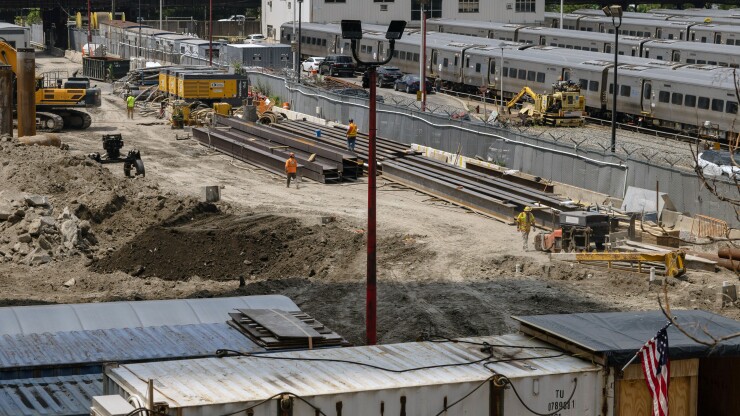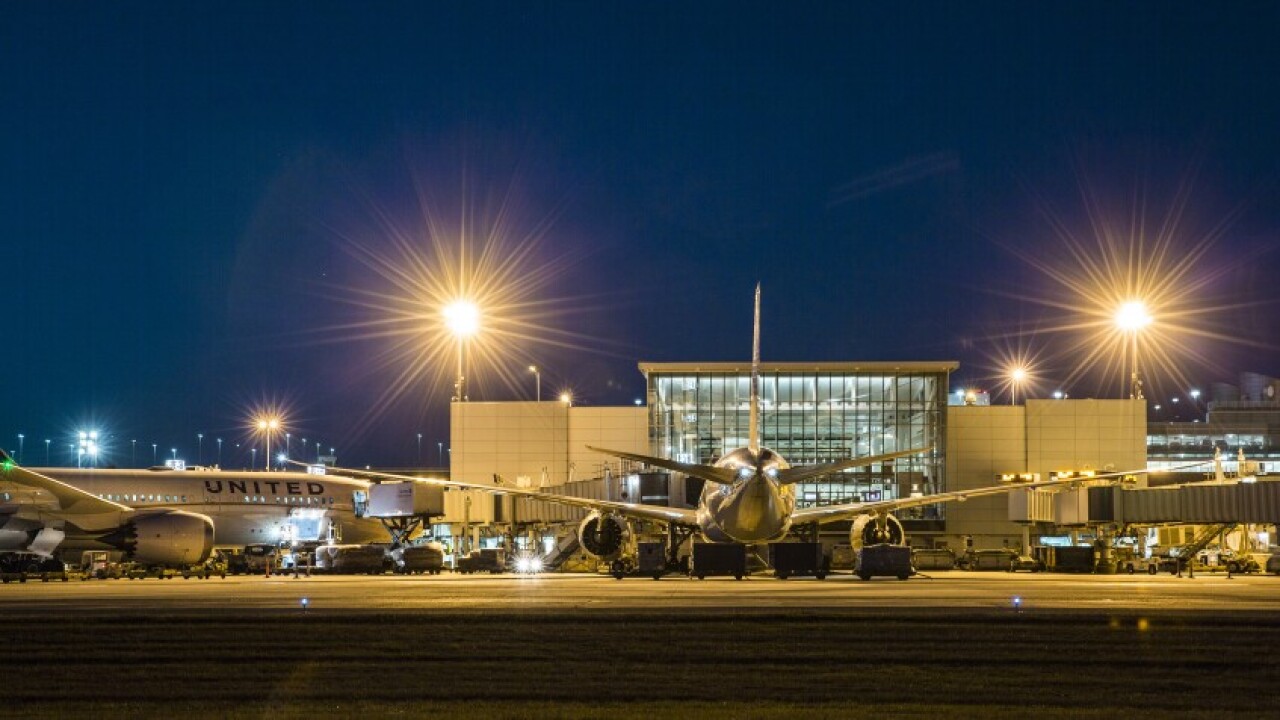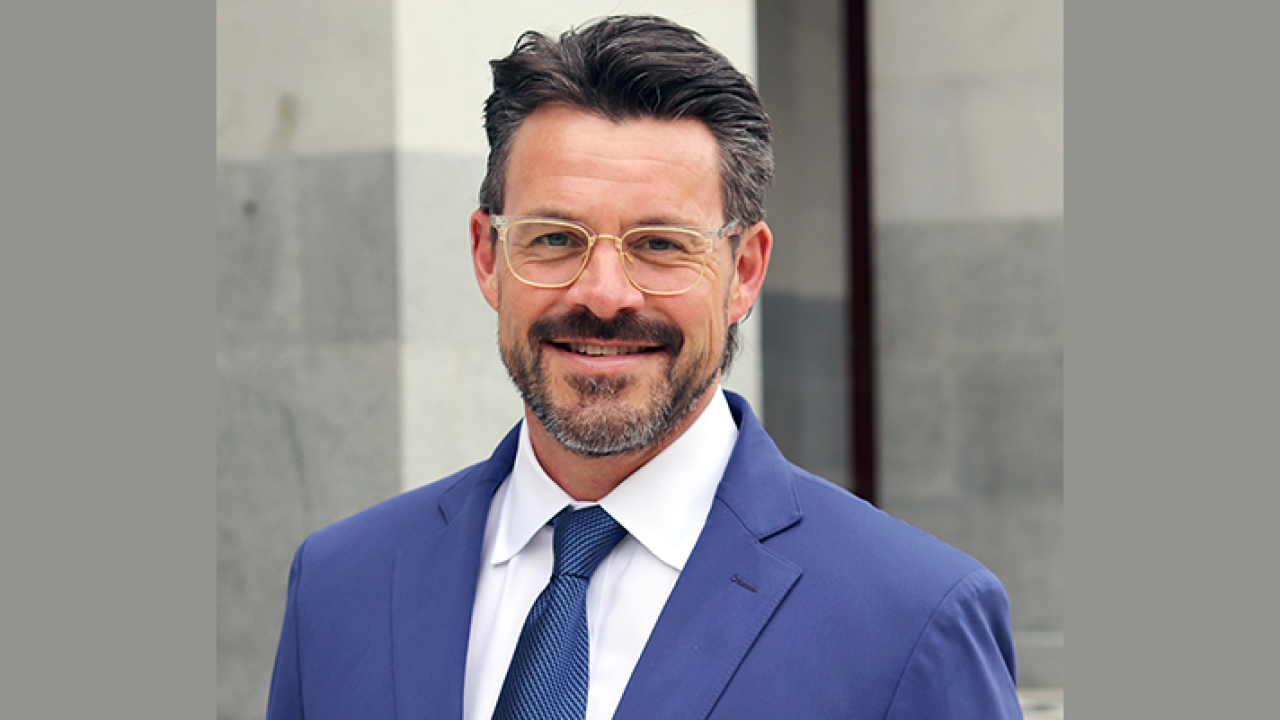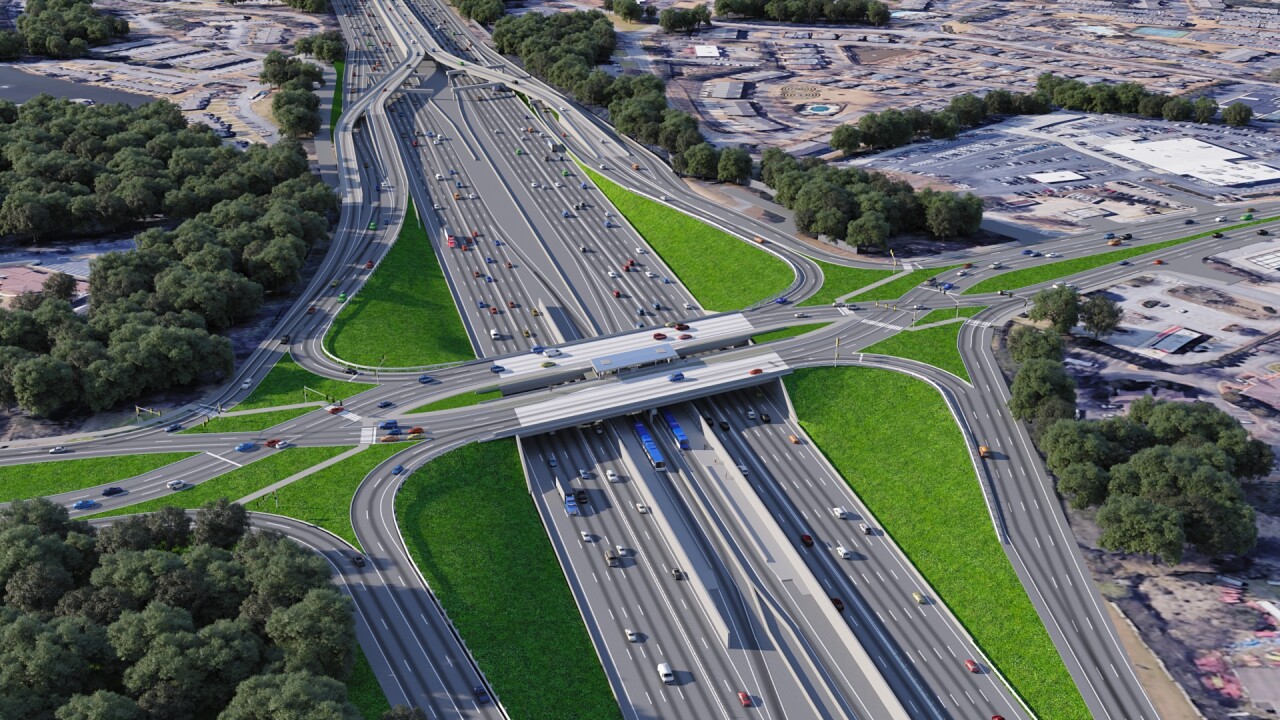
The Trump administration announced on Wednesday that it will withhold funds for New York infrastructure projects over the state's contracting practices. It's part of a barrage of cuts
The administration singled out the Gateway program and the Second Avenue Subway extension, but implied that other projects will also be implicated as it attempts to yank back $18 billion of funds from New York because they allegedly prioritized women and minority-owned contractors.
For now, both projects are continuing work. This is President Donald Trump's biggest attempt to pull funds from New York and the Metropolitan Transportation Authority, but it's far from his first.
Trump has been at war with diversity, equity and inclusion policies for his entire second term, but the rule that New York is charged with violating, which bars "race- and sex-based contracting requirements from federal grants," was only
New York state law has required issuing contracts to minority and women-owned businesses since the 1980s, according to
A partisan statement from the Department of Transportation referenced the
"Until USDOT's quick administrative review is complete, project reimbursements cannot be processed, including a $300 million disbursement for the 2nd Avenue Subway. The remaining federal funding for these projects totals nearly $18 billion,"
Republicans control the federal government.
The DOT's reference to the Senate and House minority leaders, both from New York, is part of the administration's messaging blaming Democrats for the shutdown. Senate Democrats are using what leverage they have, because of a 60-vote requirement to pass an appropriations bill there, to prevent the cancellation of so-called Obamacare health insurance subsidies that go to tens of millions of Americans.
The Second Avenue Subway extension is a decades-long project by the Metropolitan Transportation Authority, currently in its second phase, to extend the Q line north into East Harlem.
Phase II of the SAS is projected to cost $7.7 billion. It received a $3.4 billion grant from the Biden administration.
The project's grants, like most of the MTA's federal grants, are issued on a reimbursement basis, according to Rachael Fauss, senior policy advisor for Reinvent Albany. That means the agency has already spent much of the money.
"For it to be pulled in such an arbitrary way, it means that the MTA has to scramble," Fauss said. "They have to figure out alternative funding sources. They have to stop the work. Then you have to freeze the work of their contractors. There's a real harm to the MTA."
MTA spokesperson John J. McCarthy called the funding freeze baseless.
"The federal government wants to immediately 'review' our compliance with rules they told us about moments ago," McCarthy said. "We're reviewing their tweets and press releases like everyone else. For now, it looks like they're just inventing excuses to delay one of the most important infrastructure projects in America."
The Gateway program receives 70% of its funding from the federal government, or around
Gateway Development Commission CEO Tom Prendergast said
"GDC complies with all federal laws and regulations, and will continue to do so throughout the project," Prendergast said. "In the meantime, we remain focused on keeping the project on scope, schedule, and budget."
Kate Slevin, executive vice president of the Regional Plan Association, said the project is advancing as planned. Still, "these types of announcements are never good for any kind of large infrastructure project," She said.
"It takes years and years to plan these projects," Slevin said. "They're very complicated to execute and to build. So putting any kind of uncertainty into that process is problematic and can lead to uncertainty that drives up the cost of the project."
Fauss said she expects Trump to lose in court. The anti-DEI conditions are arbitrary, she said, they were inserted after the MTA had already started spending the money, and yanking back the funds could do "real harm" to the agency.
The other recourse would be from Congress, Fauss said.
"The congressional reps in New York, obviously, are on high alert about this," Fauss said. "If you think about this from a separation of powers perspective, this is federally budgeted dollars that Congress approved."
The top Democrats in the House and Senate, Hakeem Jeffries and Chuck Schumer, have
It's unclear what other projects may lose funding. Trump administration officials have
Trump has
So far, New York and the MTA have been winning in court, Fauss said. But the attacks still do damage.
"It's a flood of activity, retribution or revenge," Fauss said. "If you take it in its totality, it's a lot of harm. Even if every piece can be fought back by New York, it takes time and energy to fight."
Although it's an attack on New York, hurting the largest infrastructure projects in the country will have wide-reaching implications.
Between 2011 and 2024, the MTA paid $19 billion to companies in other states, a
Slevin noted that the Northeast Corridor served by Gateway is responsible for 20% of the country's economic activity. A
Like
During Trump's first term, he included the SAS extension on a list of
Sean Duffy, secretary of transportation, said he did not plan to cancel grants to Gateway or the SAS





